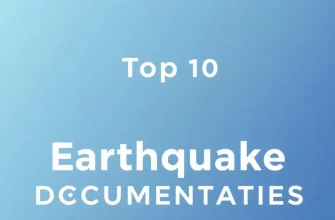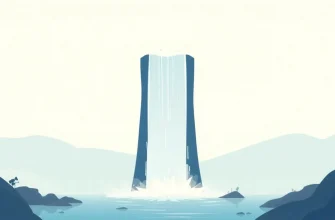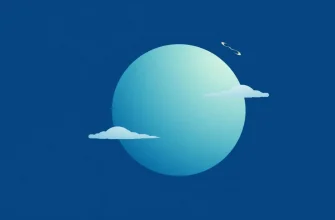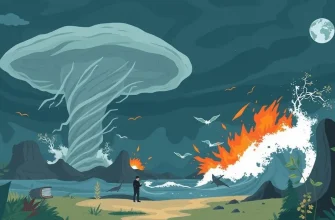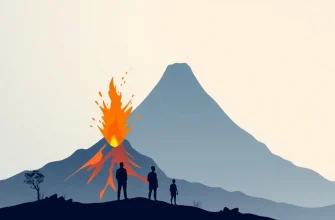Nature documentaries have the power to transport us to the most remote corners of our planet, revealing the beauty, complexity, and fragility of the natural world. This curated list of 10 documentaries not only showcases the stunning visuals and intricate ecosystems but also highlights the importance of conservation and the impact of human activity on our environment. From the depths of the oceans to the peaks of the highest mountains, these films will leave you in awe of the natural world and perhaps inspire you to take action for its preservation.

Grizzly Man (2005)
Description: Directed by Werner Herzog, this documentary explores the life and death of Timothy Treadwell, who lived among grizzly bears in Alaska, offering a unique perspective on human-wildlife interaction.
Fact: Herzog used Treadwell's own footage to create the film, providing an intimate look into his life.
 Watch Now
Watch Now 
March of the Penguins (2005)
Description: This Oscar-winning documentary follows the annual journey of Emperor penguins in Antarctica, capturing their struggle for survival in one of the harshest environments on Earth.
Fact: It was the second highest-grossing documentary of all time, only behind "Fahrenheit 9/
 Watch Now
Watch Now 
The Cove (2009)
Description: While focusing on the controversial dolphin hunting in Taiji, Japan, this film also explores the broader issues of marine conservation and the impact of human activities on ocean life.
Fact: The film won the Academy Award for Best Documentary Feature, and its release led to significant international attention and activism.
 Watch Now
Watch Now 
Chasing Ice (2012)
Description: This film follows photographer James Balog as he deploys time-lapse cameras to capture the world's changing glaciers, providing visual evidence of climate change.
Fact: One of the time-lapse sequences in the film shows a glacier calving event that lasted 75 minutes, the longest ever recorded.
 Watch Now
Watch Now 
Blue Planet II (2017)
Description: A sequel to the original "Blue Planet," this series delves deeper into the ocean's mysteries, showcasing the latest in underwater filming technology to explore the life beneath the waves.
Fact: The series features the first-ever footage of a giant squid in its natural habitat.
 Watch Now
Watch Now 
Planet Earth (2006)
Description: This landmark series from the BBC captures the Earth's diverse habitats in a way that has never been seen before, using cutting-edge technology to bring viewers up close with wildlife in their natural environments.
Fact: It took over 5 years to film, and the crew traveled to 204 locations in 62 countries.
 Watch Now
Watch Now 
Life on Earth (1979)
Description: David Attenborough's first major series for the BBC, this documentary explores the evolution of life on our planet, from the simplest organisms to the most complex.
Fact: It was one of the first natural history series to use a narrative structure to tell the story of life's development on Earth.
 30 Days Free
30 Days Free 
My Octopus Teacher (2020)
Description: This heartwarming documentary follows a filmmaker who forms an unlikely bond with an octopus in a South African kelp forest, exploring themes of friendship, nature, and personal growth.
Fact: The film won the Academy Award for Best Documentary Feature in
 30 Days Free
30 Days Free 
Virunga (2014)
Description: This film documents the efforts of park rangers to protect the endangered mountain gorillas in Virunga National Park amidst political turmoil and poaching threats.
Fact: The filmmakers were detained by the Congolese army during production, highlighting the real dangers faced by those involved.
 30 Days Free
30 Days Free 
The Elephant Queen (2018)
Description: Narrated by Chiwetel Ejiofor, this film follows an elephant matriarch and her herd as they navigate the challenges of their environment, showcasing the intelligence and emotional depth of elephants.
Fact: The film was shot over four years, capturing the herd's migration and life cycle.
 30 Days Free
30 Days Free 


